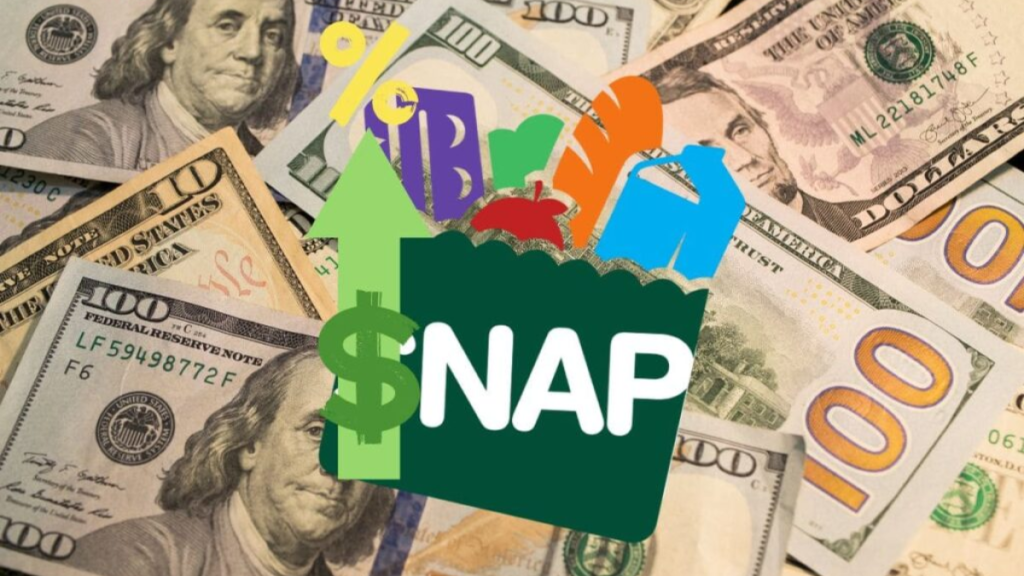
The recent debt ceiling agreements have sparked concerns over proposed changes to the Supplemental Nutrition Assistance Program (SNAP). Advocates warn that these modifications could exacerbate hunger and poverty among vulnerable populations across the United States.
Understanding the Proposed Changes
The agreements reached by policymakers include provisions that aim to expand SNAP’s work requirements. This means that individuals receiving SNAP benefits may be subject to more stringent conditions related to employment and job training. While proponents argue that these measures will encourage self-sufficiency, critics believe they could lead to increased food insecurity for low-income families.
The Impact on Vulnerable Populations
SNAP plays a crucial role in alleviating hunger, especially for children, the elderly, and people with disabilities. By imposing stricter work requirements, the proposed changes could disqualify many individuals from receiving vital assistance. Research indicates that many SNAP recipients face significant barriers to employment, such as lack of access to transportation or job training programs. Thus, increasing these requirements could disproportionately affect those who are already struggling to make ends meet.
Rising Hunger and Poverty Rates
Experts warn that the changes could lead to a rise in hunger and poverty levels nationwide. According to recent studies, millions of families could be pushed further into food insecurity if they lose access to SNAP benefits. The Center on Budget and Policy Priorities (CBPP) emphasizes that this situation could have long-term negative effects on health, education, and overall economic stability.
Moving Forward
As policymakers consider these changes, it’s crucial to balance the need for fiscal responsibility with the imperative to support vulnerable populations. Solutions should focus on enhancing job training and employment opportunities rather than imposing barriers to accessing essential food assistance programs. Engaging communities in these discussions can ensure that the voices of those affected by these policies are heard.
Read More News:
- Understanding the 2025 Social Security COLA: Who Will Receive $600 Extra Per Year?
- 2025 COLA Update: Aged Couples to Receive Up to $3,089 Monthly
Conclusion
The proposed debt ceiling agreements and their implications for SNAP could have dire consequences for millions of Americans. As the conversation continues, advocates urge policymakers to prioritize food security and consider the potential repercussions of increasing work requirements. For a deeper understanding of these changes and their potential impacts, visit the Center on Budget and Policy Priorities.
